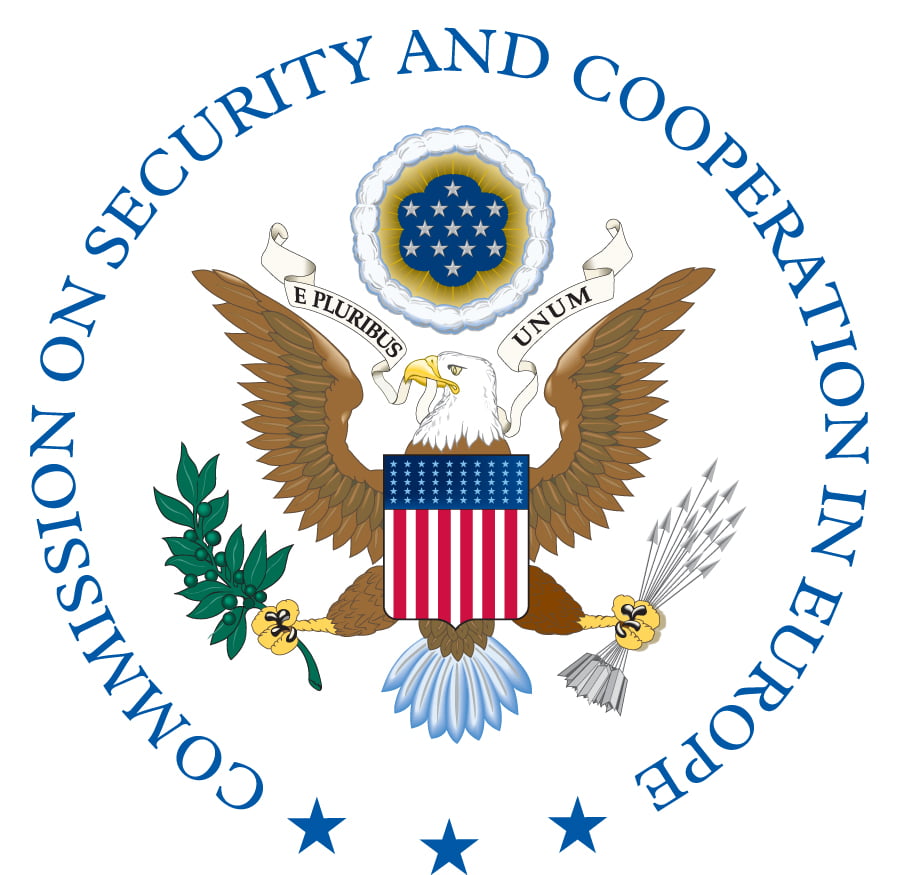Hon. Christopher H. Smith
United States

Date posted: July 20, 2016
Mr. SMITH of New Jersey. Mr. Speaker, I rise to remind our government that the human rights abuses committed by Turkish President Erdogan are grave and ongoing, and to distinguish between the Turkish president and the Turkish people–and to stand with the people.
President Recep Tayyip Erdogan has in recent years been aggressively violating the human rights of Turkish citizens and undermining the rule of law, in order to root out dissent and consolidate his personal power. The freedom of the press and the rights of common citizens to run schools, businesses, and volunteer associations have come under direct threat.
Since assuming the presidency two years ago, President Erdogan has undermined the independence of the judiciary, jeopardizing access to a fair trial and undercutting government accountability. In 2014, he worked to stack the country’s High Council of Judges and Prosecutors with party loyalists, enabling his government to ease arrest procedures and curtail opportunities for appeal. This facilitated the detention of thousands of activists, journalists, and businessmen under the country’s overbroad terrorism statute. The President has exploited his growing leverage over the courts: his government’s reshuffling last month of 3,700 judges and prosecutors rewarded pliant members of the judiciary while punishing others who ruled against the government or heard cases involving official corruption. A law passed earlier this month dismissed most of the judges on Turkey’s highest courts, leaving it up to the High Council of Judges and Prosecutors to reappoint them or pick their successors.
Mr. Speaker, in addition to undermining government institutions, President Erdogan’s tightening grip on Turkey is also weakening the vitality of Turkish society. Under President Erdogan’s direction, state authorities are undertaking a campaign of retribution against Erdogan’s critics. Since Erdogan assumed the presidency in 2014, the government has opened nearly 2,000 cases against people suspected of “insulting the president” – a crime in Turkey.
Professional journalists and major news outlets in particular have incurred the wrath of the President. For reporting that is unflattering to Erdogan, whether on national security issues, the conflict with the Kurds, or official corruption, press outlets have been charged with “supporting terrorism” or have had their entire operations taken over by government-appointed trustees. In one of the most egregious examples, Turkish authorities in March raided the offices of the nation’s highest-circulation newspaper, Zaman, and overnight placed it under hand-picked, pro-government management.
Mr. Speaker, President Erdogan has taken to politicizing the charge of “supporting terrorism”–undermining the serious business of fighting terrorism, one of the gravest threats faced by the Turkish people. One persistent critic of Erdogan’s centralization agenda and authoritarian tendencies is Fethullah Gulen, the founder of Hizmet, a moderate, Islamic civic movement dedicated to promoting education, popular piety, and civic engagement. Because of this criticism, Hizmet and its followers have suffered wave after wave of unfounded terrorism charges and forcible government seizures of businesses, universities, and schools. In May, the Turkish Cabinet approved a decision to designate Hizmet a “terrorist organization,” guaranteeing that this campaign of political retribution will continue. Gulen’s followers have been placed in the crosshairs of the very arbitrary policies they criticize. Yet neither our State Department, nor the European Union, nor any other respected body outside Turkey, has ever characterized Hizmet as a terrorist group or anything like it–the Cabinet’s designation is absurd.
Mr. Speaker, in recent months, the Turkish people have been struck by a wave of violent attacks perpetrated by Islamist and Kurdish terrorists–most recently, a triple-suicide attack at Istanbul’s international airport by Islamist extremists killed 44 innocent civilians. Our thoughts and prayers go out to all those maimed in these attacks, to all those who lost beloved family and friends.
I am confident that the Turkish people–for centuries renowned for their bravery–will never be cowed by terrorists, and that they will equally resist President Erdogan’s attempt to undermine their rights, laws, and freedoms. Our government should stand with the Turkish people on both fronts.
Source: Comission on Security and Cooperation in Europe , July 13, 2016
Tags: Defamation of Hizmet | Hizmet (Gulen) movement | Peacebuilding | Terrorism |